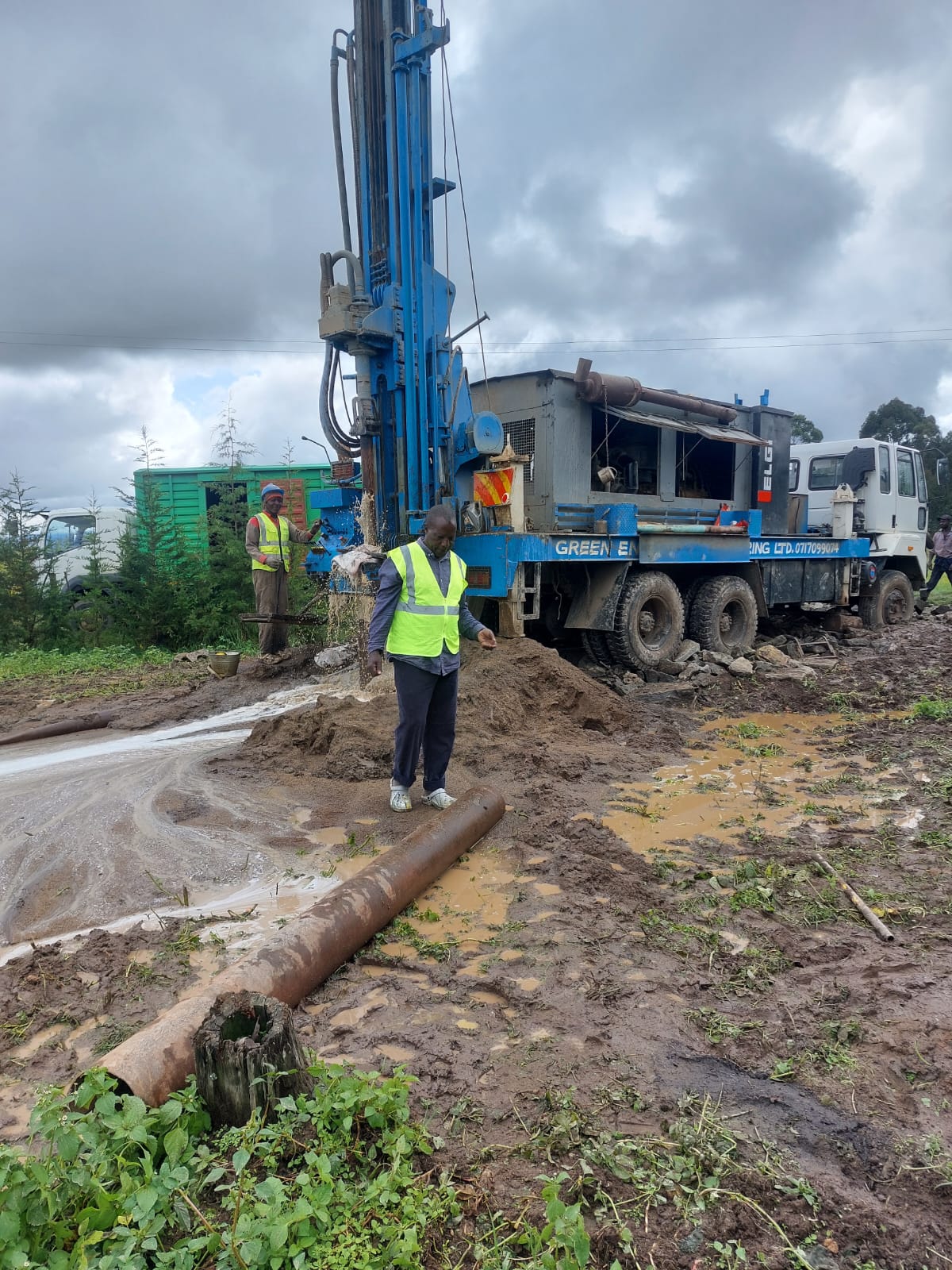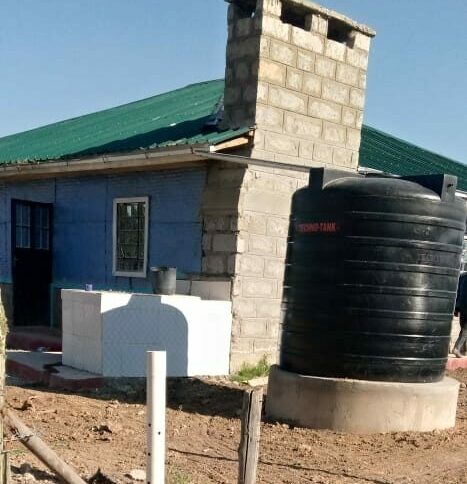Water Project
About the Project
At Gazelle Impact, we believe that access to clean water is a fundamental human right. Our journey began with rainwater harvesting as the primary water source for our center. However, prolonged drought seasons highlighted the challenges of relying on this method, including inconsistent supply and concerns about the safety of untreated rainwater for consumption.
Our Water Project is dedicated to addressing the critical water scarcity faced by many rural communities in Kenya. It’s about more than just access to water—it’s about empowering communities to thrive by providing life’s most essential resource. In many rural areas, rainwater harvesting is the primary water source, but it is often unreliable. Gazelle Impact is committed to creating a sustainable and dependable water supply to alleviate this challenge.
In 2023, the Gazelle Impact Board initiated a transformative project: drilling a borehole to provide a reliable, long-term supply of clean water to the community. Thanks to generous grants from the Sisters of St. Francis of Dubuque, the Presentation Sisters of Dubuque, and numerous individual donors, a 270-meter-deep borehole was successfully drilled at Bariki Community Center. To ensure an energy-efficient and sustainable means of pumping water, solar panels have been installed as part of the project.
The Water Project is more than a practical solution to water scarcity; it’s a lifeline that promotes better health, improved sanitation, and enhanced agricultural opportunities. We are deeply grateful to all our supporters for making this vision a reality. Together, we are transforming lives and fostering resilience in the face of water scarcity.
Highlights
Borehole Drilling: Our project involves drilling a borehole, which will provide a consistent and easily accessible source of fresh water.
Community-Wide Impact: The borehole will serve not only the Bariki Community Center but also neighboring areas, ensuring a more reliable water source for all.
Community Development: A stable water supply fosters community development by supporting agriculture, sanitation, and overall well-being.






